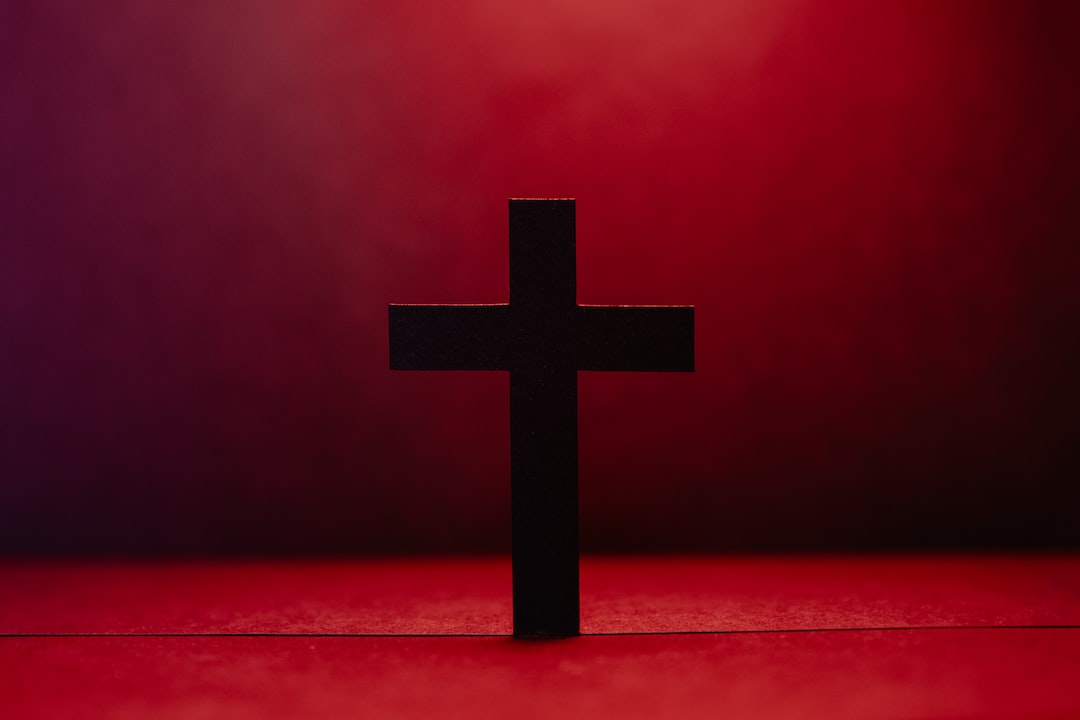The Role of Rituals and Ceremonies in Religious Practice
Religion is a vital aspect of human culture and has influenced societies for centuries. One of the fundamental elements of religious practice is rituals and ceremonies. These rituals and ceremonies are symbolic actions performed by individuals or groups, representing their beliefs, values, and hopes within their religious framework. They hold immense significance, serving various purposes in religious communities. This blog post will delve into the role of rituals and ceremonies in religious practices, exploring their importance and how they contribute to the overall religious experience.
First and foremost, rituals and ceremonies provide a sense of belonging and unity within religious communities. By engaging in shared rituals, individuals become part of a larger community, bonded by their common beliefs and practices. For instance, in Christianity, baptism is a significant ritual symbolizing initiation into the faith. By participating in this ceremony, individuals publicly declare their commitment to the Christian community, fostering a sense of belonging and strengthening social ties among its members. Thus, rituals and ceremonies serve as a unifying force within religious communities.
Alongside creating a sense of unity, rituals and ceremonies also facilitate a connection to a higher power or the divine. They act as a means of communication between individuals and the sacred realm, allowing believers to express their devotion, seek blessings, or offer gratitude. In Hinduism, aarti is a ceremony where devotees use lamps to worship deities, accompanied by prayers and hymns. This act not only demonstrates devotion to the Gods but also serves as a channel for believers to connect with the divine and experience a deeper spiritual connection. Therefore, rituals and ceremonies act as a bridge that connects individuals to their religious beliefs and spirituality.
Furthermore, rituals and ceremonies serve as a way to commemorate significant life events and transition periods. From birth to death, rituals are present at every stage of life. For example, in Islam, circumcision is a significant ritual performed on males as a symbol of purification and adherence to religious traditions. Similarly, funerals in various religious traditions offer a ceremonial send-off to the deceased and provide comfort and closure for the mourning family members. These rituals mark important milestones, helping individuals navigate and find meaning in the transitions they experience, ultimately contributing to their psychological well-being.
Beyond their psychological and spiritual benefits, rituals and ceremonies also contribute to the preservation and transmission of religious traditions and cultural heritage. Many rituals are deeply rooted in history and have been passed down through generations. By engaging in these practices, individuals honor their ancestry and keep ancient traditions alive. For instance, the Jewish holiday of Passover commemorates the liberation of the Israelites from slavery in Egypt and has been celebrated for over 3,000 years. By performing rituals such as the Seder meal, Jewish communities ensure that their cultural heritage and religious teachings are preserved and transmitted through time.
In conclusion, rituals and ceremonies play a crucial role in religious practice. They foster a sense of belonging and unity, connect individuals to the divine, provide meaning during significant life events, and preserve cultural heritage. By participating actively in rituals and ceremonies, religious communities strengthen their ties, deepen their faith, and keep their traditions alive. These symbolic actions are intricate components of religious practice, enhancing the rich tapestry of beliefs and cultural expressions woven into the fabric of our diverse world.

